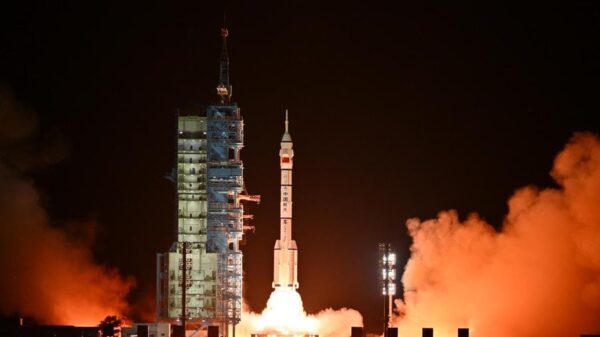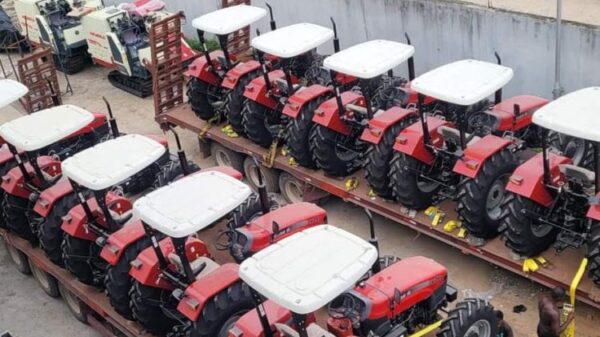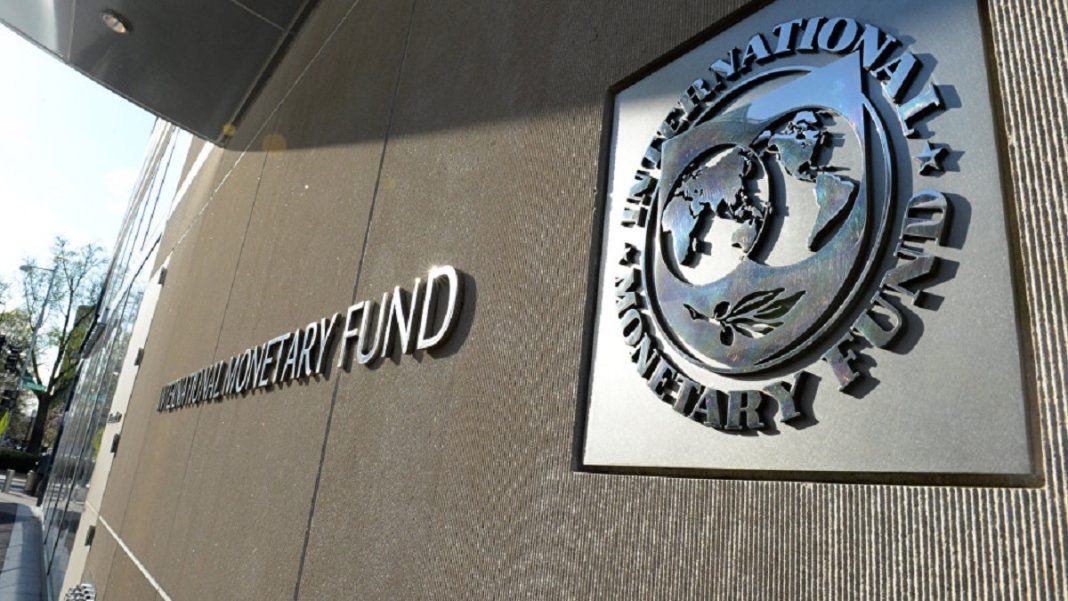The International Monetary Fund (IMF) says economic growth in Sub-Saharan Africa(SSA) remains subdued and uneven, with projected growth at 3.6 per cent in 2024.
Abebe Selassie, Director, African Department, IMF, said this at a news briefing on the IMF’s Regional Economic Outlook for SSA titled “Reforms amid Great Expectations” released in Washington DC.
Selassie, however, said growth was expected to pick up to 4.2 per cent in 2024.
“This pace is not sufficient to significantly reduce poverty or to recover ground lost in recent years, let alone address the substantial developmental challenges ahead.
“It is also still far from the six to seven per cent growth rates the region enjoyed about a decade ago.”
He said the region was navigating a complex economic landscape marked by both progress and persistent macroeconomic vulnerabilities.
Selassie said policymakers had tightened monetary policy to curb inflation which has resulted in a decline in inflation in about half the region, which is within the target band.
“Significant fiscal consolidation has stabilised the average debt-to-GDP ratio, although it remains high at 58 per cent.”
However, Selassie said challenges persisted although to different degrees across most countries.
“Inflation remains in double digits in nearly one-third of countries including Angola, Ethiopia and Nigeria and above target in almost half of the region.
“ Debt service capacity is low, and rising debt service burdens are eroding the resources available for development spending.
“ Foreign exchange reserve buffers are often insufficient, and concerns about overvaluation and competitiveness persist.”
The director said in their efforts to reduce these imbalances, and address these vulnerabilities, policymakers faced three main hurdles.
Selassie said the first hurdle was pursuing microeconomic stability, while the second was meeting development needs including strengthening social safety nets to protect the most vulnerable.
He said the third hurdle was designing reforms that were socially and politically acceptable.
“Governments face a difficult balancing act in reducing macroeconomic vulnerabilities while also addressing development needs and ensuring that reforms are socially and politically acceptable.”
Selassie said protecting the most vulnerable from the costs of adjustment and ensuring that reforms create sufficient jobs would be critical to mobilise public support.
He said carefully designed communication and consultation strategies, appropriate reform design, and improvements in governance to rebuild public trust would also help ease the task of policymakers.
“ Implementing reform strategies to unlock more durable and inclusive growth, including by promoting economic diversification and economic opportunities for women, will reduce both vulnerabilities and social frustration.”
Selassie highlighted some of the intensified engagement of the IMF in the region which he said was at one of the highest levels in recent history.
The director said since 2020, the fund has made available over 60 billion Dollars in financing for the region.
“However, declining official development assistance is challenging the
effectiveness of our support.
“While countries like Benin, Côte d’Ivoire, Kenya, Senegal, and Cameroon have returned to markets this year, access for many other countries remains limited, and financing conditions remain costly and difficult.
“This forces countries to make significant adjustments with limited
external financing.
Selassie said more work was needed to reinvigorate reforms and tap into the region’s tremendous potential.
























